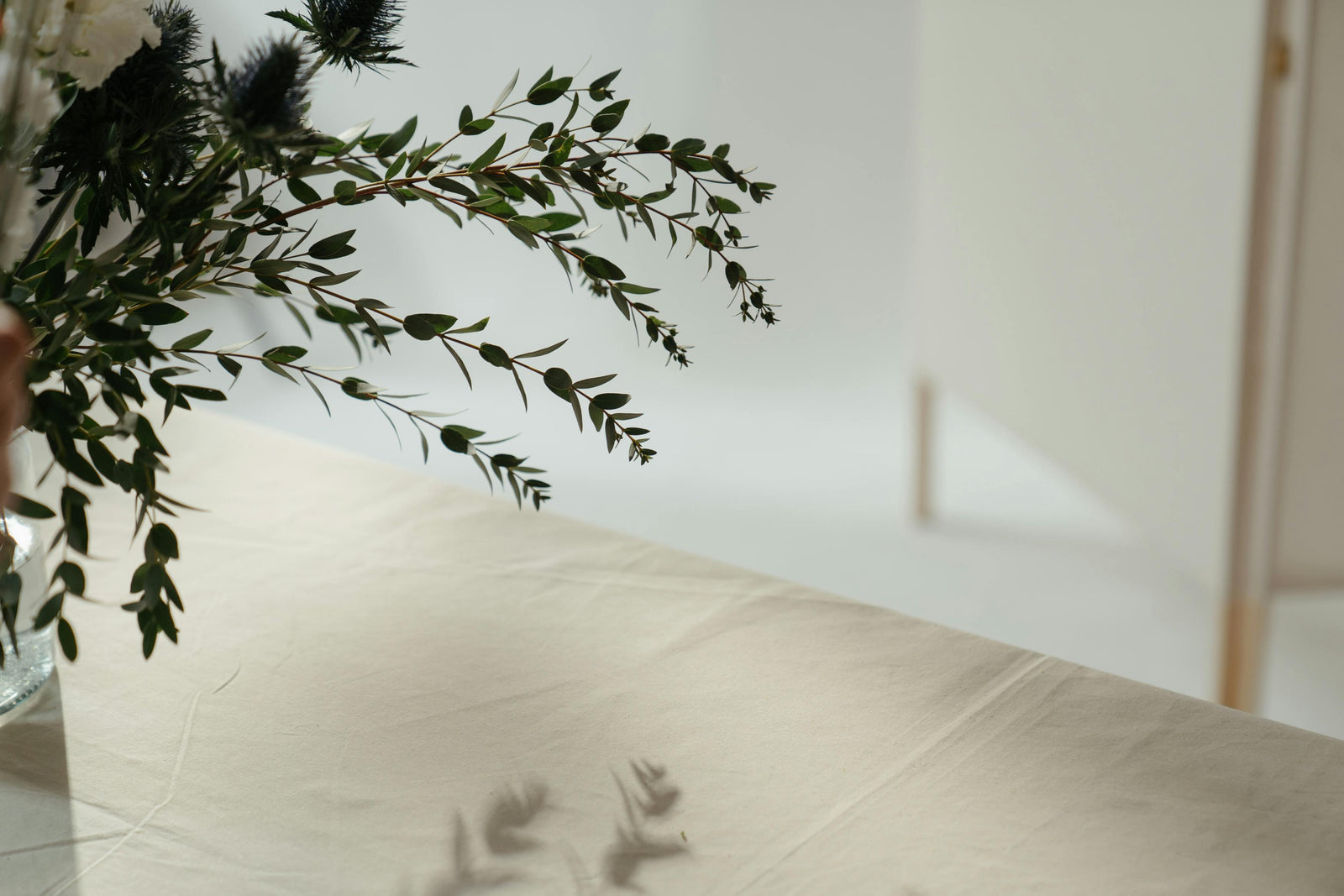Eucalyptus vs. Cotton: 3 Facts That Will Surprise You

When comparing eucalyptus and cotton sheets, most people assume cotton wins on comfort and performance. But after diving into the research, I discovered three facts that completely changed my perspective on bedding.
Fact #1: Eucalyptus absorbs 50% more moisture
This isn't marketing hype—it's measurable performance. Eucalyptus sheets are made from lyocell fiber (often branded as TENCEL by Austrian company Lenzing), created by dissolving eucalyptus wood pulp and spinning it through fine nozzles. This creates a unique "fibril structure" that's fundamentally different from cotton's basic plant fibers. While cotton absorbs sweat and holds onto it, eucalyptus lyocell actively wicks moisture away from your skin and allows it to evaporate quickly. The result? Better temperature regulation and no more waking up in sweaty sheets.
Fact #2: It uses 95% less water to produce
Cotton is notoriously water-intensive, but eucalyptus sheet production uses 50% less water than conventional cotton processing. Factor in that eucalyptus trees require no artificial irrigation or pesticides, and the overall water consumption drops by about 95%. The trees also need roughly four times less land than cotton crops, and the manufacturing operates on a closed-loop system that recovers 99% of production solvents.
Fact #3: It's naturally antibacterial
Unlike cotton that can harbor bacteria in moisture, eucalyptus fibers prevent bacterial growth naturally. Because the material prevents moisture buildup, bacteria can't establish the breeding conditions they need. No chemical treatments required—it's an inherent property of the fiber structure. This means sheets stay fresher longer and require less frequent washing.


Leave a comment